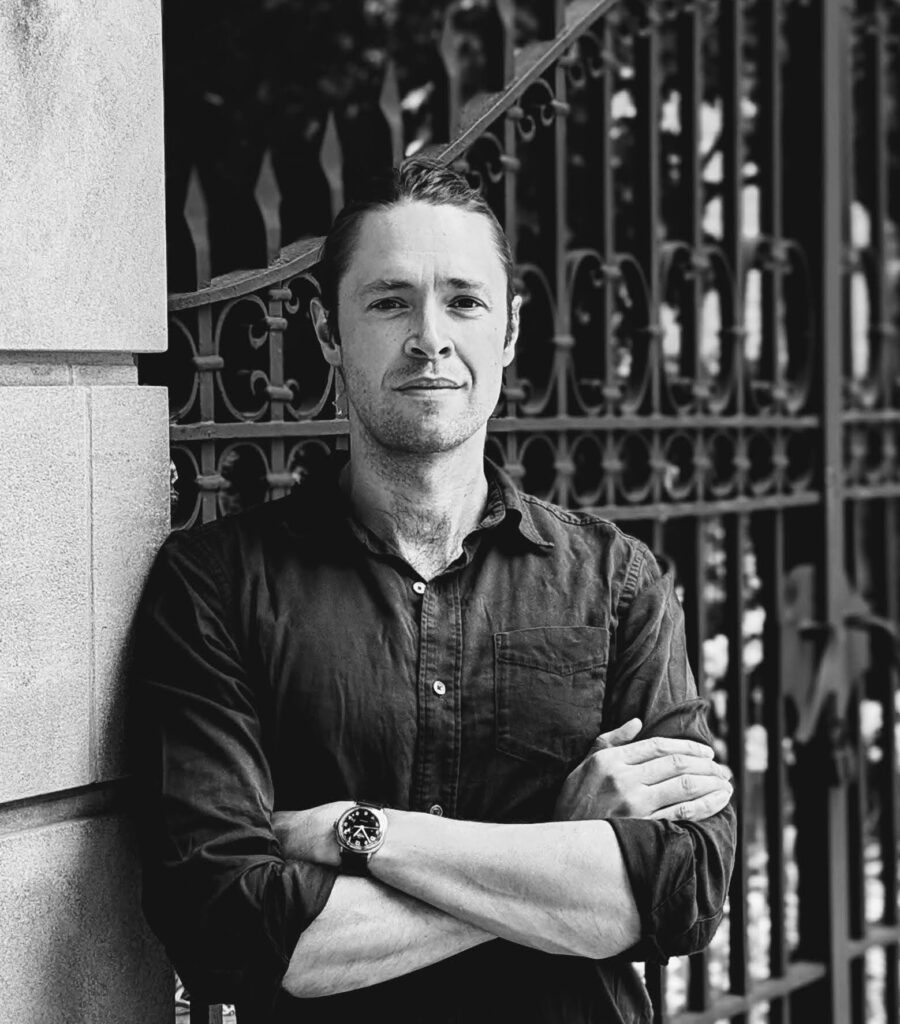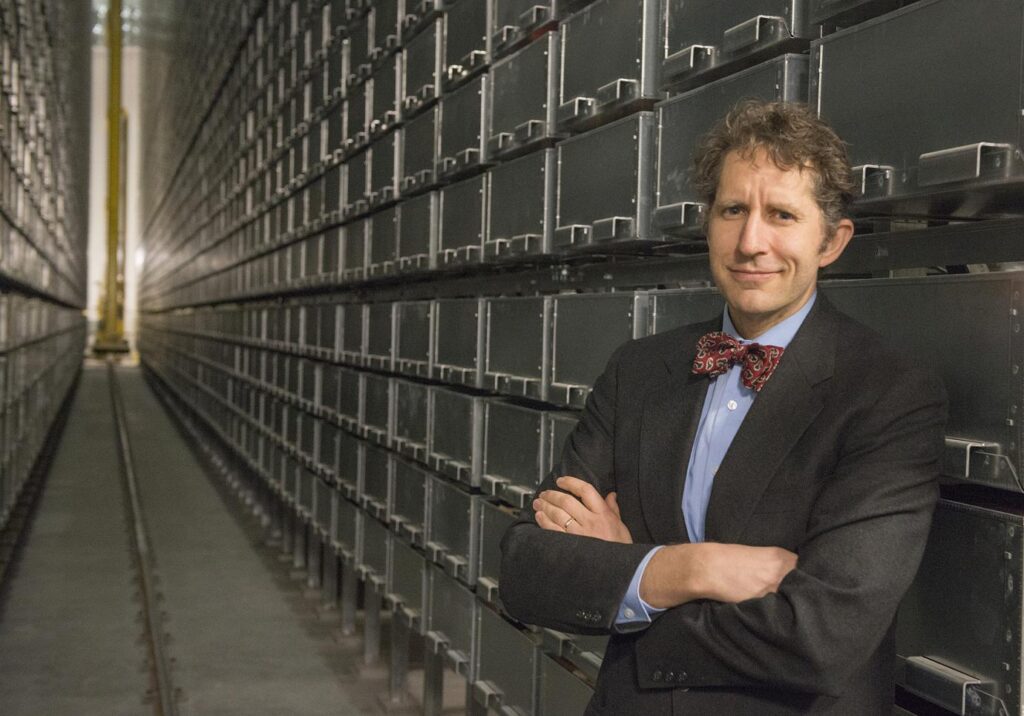Since the COVID-19 pandemic, the rise in remote work practices has inarguably created new business opportunities, such as the ability to hire the most qualified candidate for a position regardless of geographical location. However, research from Eamon Duede, Assistant Professor at Purdue University, Misha Teplitskiy, Assistant Professor at the University of Michigan School of Information, Karim R. Lakhani, Dorothy & Michael Hintze Professor of Business Administration at the Harvard Business School and co-founder and chair of the The Digital Data Design (D^3) Institute at Harvard, and James Evans, a Max Palevsky Professor in Sociology at the University of Chicago, highlights the potential downsides of reduced in-person work. In “Being Together in Place as a Catalyst for Scientific Advance“, the authors discuss why being physically present—specifically, they look at universities and research institutes—has unique perks that virtual workplaces, so far, can’t replace.
The team used data from Clarivate’s Web of Science (WoS) database to systematically sample scholarly literature across 15 fields in physical sciences, life sciences, social sciences, and humanities, from papers published in 2000, 2005, and 2010. The survey measured influence (the extent to which a referenced paper influenced the citing author’s research choices) and knowledge (the respondent’s familiarity with the referenced paper). The team extracted institutional addresses for papers’ authors, geocoded these addresses using the Google Maps API, and calculated the distance between the institutions of each focal paper and corresponding referenced papers. To analyze intellectual distance, they encoded the title and abstract in a word embedding model using an unsupervised machine learning approach.
Key Insight: A Contradiction to Recent Claims
“Our findings alongside recent scholarship contradict recent commentary in the popular press.” [1]
The research team sets their findings up against recent popular-press articles that make oppositional claims, citing a New York Times piece in particular, which states that there is almost no data to support the productivity of serendipitous in-person encounters. This team says their work provides that missing data, demonstrating that, not only are in-person interactions positively impactful to researchers discovering papers but, also, that they lead to researchers discovering papers that are intellectually distant, which suggests an increased level of innovation and creativity.
Key Insight: Proximity Fuels Influence
“Sharing an institution is a critically important meso-scale for intellectual exposure and influence between the micro-scale of sharing an office, hallway, or department and the macro-scale of sharing a city, state, or country.” [2]
The research discusses the importance of the meso-scale, which they argue matters a great deal in facilitating opportunities for influence. That is to say, while previous studies have considered the importance of co-location on collaborative learning, this study highlights its importance on influence, whether or not individuals collaborate. The research team suggests that universities and research institutions excel at this type of co-locational knowledge transfer because they create opportunities for interactions between individuals from different departments and disciplines, through seminars, committees, shared spaces, and informal gatherings, exposing researchers to ideas they might not otherwise encounter, which in turn creates opportunities to share knowledge and fosters increased diversity among ideas.
Key Insight: Zone of Influence
“[I]f we hope to continue to fuel the engine of innovation, we will need to replace, and not simply displace, this essential but underappreciated mechanism of influence operating within our physical universities.” [3]
Although remote work has been effective, for example, in displacing meetings from the same geographical location to remote settings, it has been less effective in finding ways to replicate the impact that informal interactions have in influencing the spread of ideas between colleagues. The data shows that the casual conversations and serendipitous encounters often lead to big ideas and that informal meso-scale spaces give people a chance to share and, in so doing, stumble upon new insights.
Why This Matters
Are you a business leader considering whether or not, or how often, your team should return to the office? If so, this paper provides crucial insights. Not only does it suggest that a hybrid or in-person model is preferred to a fully remote one, it also suggests that firms should create in-person spaces that encourage cross-disciplinary engagement and informal connections. Regular cross-team meetups, open workspaces, and interdepartmental collaboration can catalyze the in-person interactions that drive innovation. Universities, which facilitate cross-disciplinary researcher interactions, offer a useful model that can aid business leaders in intentionally designing environments for unplanned, influential exchanges to ensure innovation thrives in hybrid work settings.
References
[1] Eamon Duede, Misha Teplitskiy, Karim Lakhani, and James Evans, “Being Together in Place as a Catalyst for Scientific Advance”, Research Policy, Volume 43, Issue 2 (March, 2024): 1-20, 11.
[2] Duede et al., “Being Together in Place as a Catalyst for Scientific Advance”, 11.
[3] Duede et al., “Being Together in Place as a Catalyst for Scientific Advance”, 12.
Meet the Authors

Eamon Duede is an Assistant Professor at Purdue University in the Department of Philosophy. Before joining Purdue University, Duede was a Postdoctoral Fellow affiliated with the Digital Data Design Institute at Harvard, and the Embedded EthiCS program in the Philosophy and Computer Science departments.

Misha Teplitskiy is an Assistant Professor at the University of Michigan School of Information and the head of DiscoveryLab. His research investigates the role of evaluation/selection methods in innovation, and how knowledge diffuses between scientists in-person and online.

Karim R. Lakhani is the Dorothy & Michael Hintze Professor of Business Administration at the Harvard Business School. His innovation-related research is centered around his role as the founder and co-director of the Laboratory for Innovation Science at Harvard and as the principal investigator of the NASA Tournament Laboratory. He is also the co-founder and chair of the The Digital Data Design (D^3) Institute at Harvard and the co-founder and co-chair of the Harvard Business Analytics Program, a university-wide online program transforming mid-career executives into data-savvy leaders.

James Evans is the Director of the Knowledge Lab, a Fellow in the Computation Institute, and the Co-Director for the Masters in Computational Social Science Program. In addition to his leadership duties, Dr. Evans is a Max Palevsky Professor in Sociology at the University of Chicago with research that focuses on the collective system of thinking and knowing, ranging from the distribution of attention and intuition, the origin of ideas and shared habits of reasoning to processes of agreement (and dispute), accumulation of certainty (and doubt), and the texture—novelty, ambiguity, topology—of human understanding.
